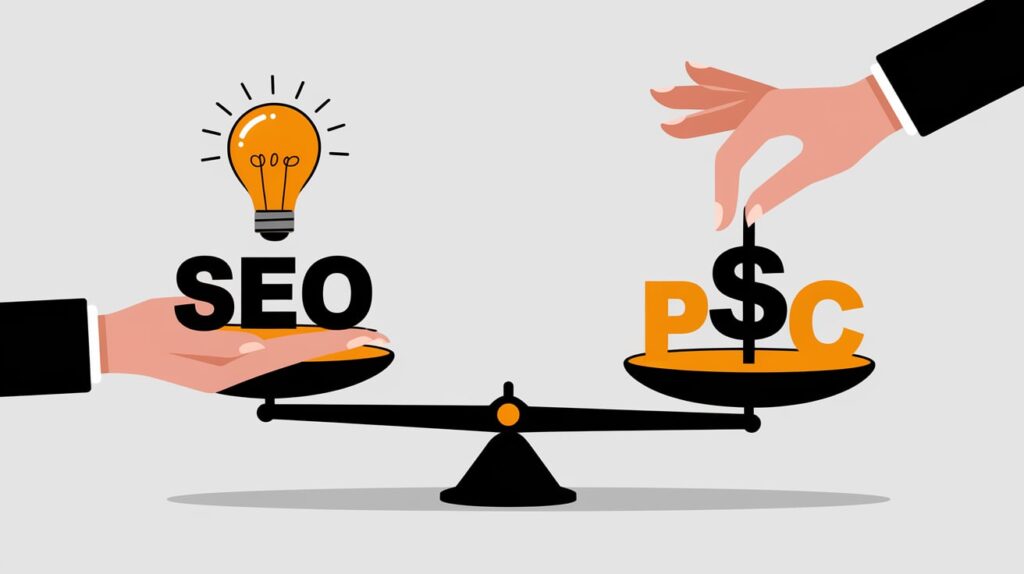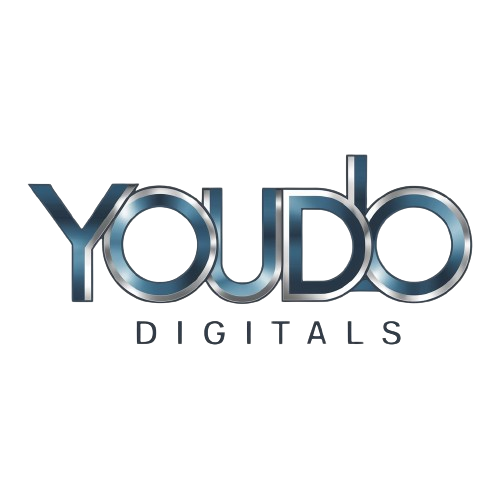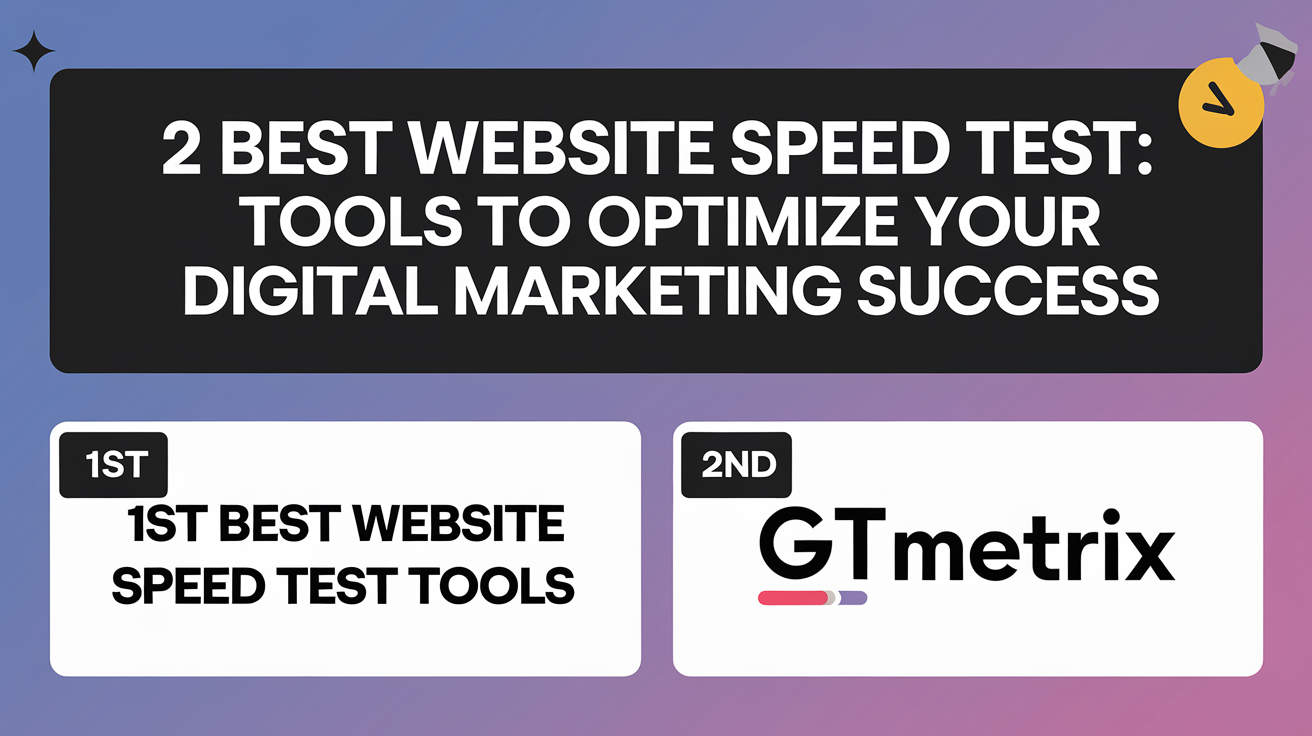SEO and PPC In today’s digital marketing landscape, businesses rely on various strategies to drive traffic and increase conversions. Both have advantages and limitations, making it essential to understand which is best suited for your business. Let’s break down SEO and PPC, compare their benefits, and determine the right approach for your business goals.

Understanding SEO (Search Engine Optimization)
SEO is the practice of optimizing a website to rank organically on search engines like Google and Bing. It involves keyword research, content creation, technical improvements, and link building. The primary goal of SEO is to improve a website’s visibility in search engine results pages (SERPs) without paying for clicks.
Advantages of SEO
- Cost-Effective – Unlike PPC, SEO does not require direct payments for traffic. Once you rank well, organic traffic can flow consistently without ongoing ad spend.
- Long-Term Results – SEO efforts can generate sustainable, long-term traffic, whereas PPC traffic stops when the budget runs out.
- Credibility and Trust – Users tend to trust organic search results more than paid ads, improving brand credibility.
- Higher Click-Through Rate (CTR) – Studies show that users often prefer organic results over ads, leading to a higher CTR.
Challenges of SEO
- Takes Time – SEO is a long-term investment that can take months to show results.
- Constant Algorithm Updates – Search engines frequently update their algorithms, requiring businesses to adapt their strategies.
- Competitive Landscape – Ranking on the first page can be challenging, especially in highly competitive industries.
Example of SEO in Action
A local bakery wants to attract more customers to its website. By optimizing its website with local keywords like “best bakery in New York” and publishing blog content on baking tips, it gradually ranks higher in search results. Over time, organic traffic increases, leading to more walk-in customers and online orders.
Understanding PPC (Pay-Per-Click Advertising)
PPC is an advertising model where businesses pay for each click on their ads. Google Ads and social media platforms like Facebook and Instagram offer PPC options, allowing businesses to display targeted ads to potential customers.
Advantages of PPC
- Immediate Results – Unlike SEO, which takes time, PPC campaigns can generate traffic almost instantly.
- Precise Targeting – PPC allows businesses to target specific demographics, locations, interests, and behaviors.
- Measurable Performance – PPC provides clear insights into ad performance, including impressions, clicks, and conversions.
- Control Over Budget – Businesses can set daily or monthly budgets and adjust them based on performance.
Challenges of PPC
- Costly – Competitive industries often have high cost-per-click (CPC) rates, increasing ad expenses.
- Requires Constant Investment – Unlike SEO, PPC stops delivering results once the budget is exhausted.
- Ad Fatigue – Users may ignore or develop “banner blindness” towards repetitive ads.
Example of PPC in Action
An online clothing store wants to promote its latest collection. Instead of waiting for organic rankings, it runs a Google Ads campaign targeting users searching for “summer dresses.” Within hours, the ad appears at the top of search results, driving immediate traffic and sales.
SEO and PPC : Which One Should You Choose?
The choice between SEO and PPC depends on various factors, including business goals, budget, and timeline. Here’s a quick comparison to help you decide:
| Factor | SEO | PPC |
|---|---|---|
| Cost | Low long-term cost | Requires ongoing investment |
| Time to Results | Months | Immediate |
| Sustainability | Long-term | Stops when budget ends |
| Click-Through Rate | Higher | Lower |
| Credibility | Builds trust | Can appear sales-driven |
When to Use SEO:
- If you want long-term growth and organic traffic.
- If you have time to invest in content and optimization.
- If your industry has low to moderate competition.
When to Use PPC:
- If you need instant traffic and sales.
- If you have a flexible budget to invest in ads.
- If you are promoting a time-sensitive product or event.
A Hybrid Approach: Best of Both Worlds
Many businesses use a combination of SEO and PPC for maximum results. For example, an e-commerce brand can run PPC campaigns for new product launches while also investing in SEO for long-term brand visibility.
Conclusion
Both SEO and PPC are valuable digital marketing strategies, but the right choice depends on your business needs. If you want sustainable growth and brand authority, SEO is a great investment. If you need quick results and have a budget for ads, PPC can drive immediate traffic. By strategically combining both, businesses can achieve the best of both worlds—long-term organic reach and short-term targeted exposure.

